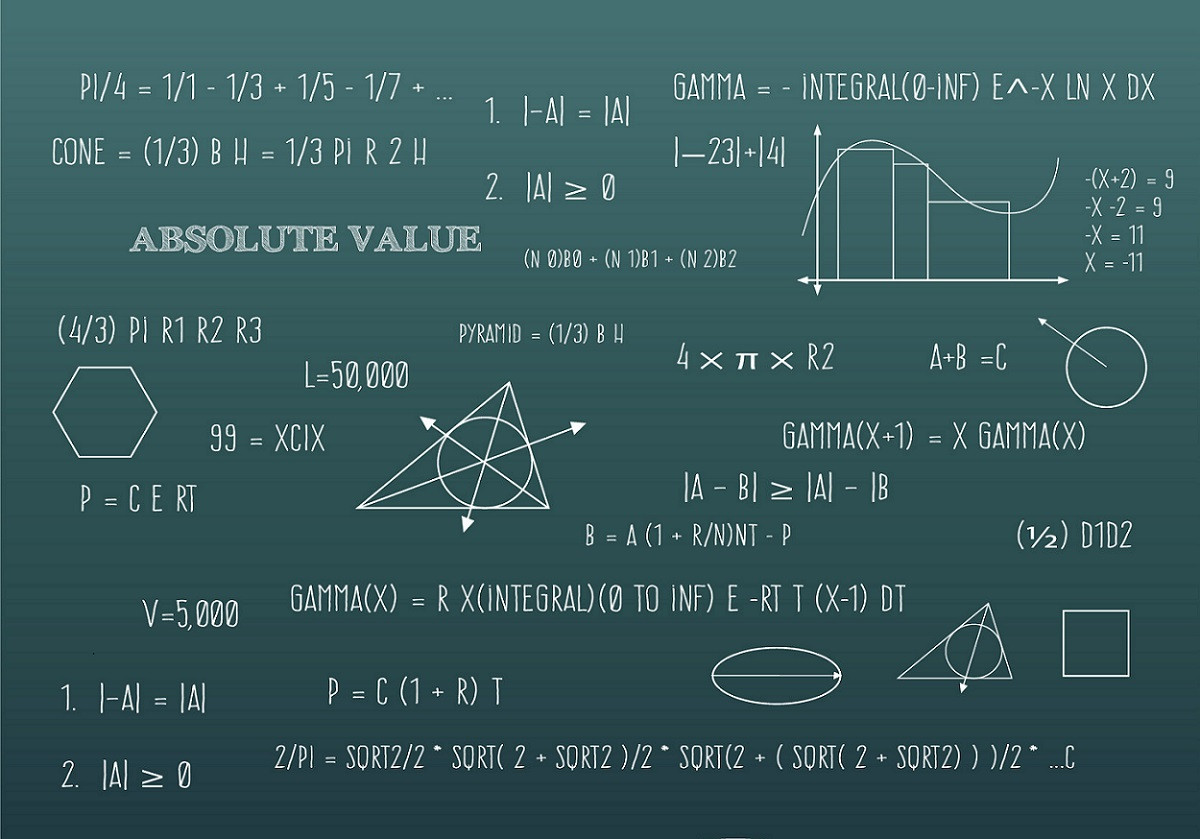Mathematical analysis is a fundamental branch of mathematics that deals with the study of functions, limits, derivatives, integrals, and infinite series. It forms the basis for many advanced mathematical concepts and is essential for understanding various scientific and engineering disciplines.
Solving problems in mathematical analysis requires a deep understanding of the underlying concepts and the ability to apply them in a systematic and logical manner. In this article, we will explore the basics of solving problems in mathematical analysis, from understanding the definitions and properties of functions to applying the fundamental theorems of calculus.
By mastering these fundamentals, you will be well-equipped to tackle more complex problems and advance your mathematical skills.
Understanding Problem-Solving Strategies in Mathematical Analysis
 Understanding problem-solving strategies in mathematical analysis is crucial for developing strong analytical skills. Students often struggle with determining where to begin when faced with a complex mathematical problem.
Understanding problem-solving strategies in mathematical analysis is crucial for developing strong analytical skills. Students often struggle with determining where to begin when faced with a complex mathematical problem.
By breaking down the problem into smaller, more manageable parts and identifying key information, students can effectively tackle even the most challenging equations. Additionally, utilizing various problem-solving techniques such as trial and error, working backwards, or using visual models can help students approach problems from different angles and ultimately find the most efficient solution.
Developing these problem-solving skills not only improves mathematical proficiency but also fosters critical thinking and analytical reasoning abilities.
Identifying Key Concepts and Techniques in Mathematical Analysis Problem Solving
 Identifying key concepts and techniques in mathematical analysis problem solving is essential for mastering the basics of solving problems in this field.
Identifying key concepts and techniques in mathematical analysis problem solving is essential for mastering the basics of solving problems in this field.
By breaking down complex problems into smaller, more manageable parts, students can identify the key concepts at play and apply the appropriate techniques to find solutions. From understanding mathematical relationships to applying theorems and formulas, problem solving in mathematical analysis requires a deep understanding of the fundamental concepts and the ability to think critically and analytically. By developing these skills, students can become more proficient problem solvers and enhance their overall mathematical abilities.
Steps for Solving Problems in Mathematical Analysis

Next, break down the problem into smaller, manageable steps and consider which mathematical concepts and techniques are relevant. Then, devise a plan or strategy to solve the problem, making sure to clearly outline your approach before starting any calculations.
Once you have a clear plan, execute the necessary calculations accurately, paying attention to detail and double-checking your work as you go. Finally, review your solution to ensure it makes sense in the context of the problem and consider any additional steps that may be needed to complete the analysis.
By following these steps methodically, you can improve your problem-solving skills in mathematical analysis and confidently tackle even the most challenging problems.
Conclusion
In conclusion, mastering the basics of solving problems in mathematical analysis is essential for understanding more advanced mathematical concepts. By learning the fundamental techniques and principles, students can develop the skills necessary to tackle complex problems with confidence.
Regular practice and completing exercises on notable limits can greatly enhance ones problem-solving abilities and improve their overall understanding of mathematical analysis. With dedication and persistence, individuals can overcome challenges in the field of mathematics and excel in their academic pursuits.




